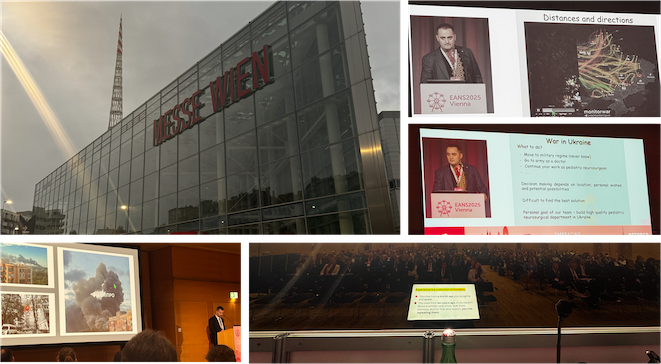Neurosurgical social media is today filled with tributes to Professor M. Gazi Yasargil who has passed away, scarcely a month shy of his one hundredth birthday.
This remarkable man was considered one of the Fathers of modern micro-neurosurgery. His name is attached to an array of neurosurgical instruments, approaches and technologies but perhaps his greatest achievement was in popularising and developing the operating microscope for neurosurgery. This had a particularly profound impact on my own field of cerebrovascular neurosurgery. On returning to Zurich having worked in Vermont with Professor Donaghy he fostered collaborations with Swiss engineerng firm Contraves and German optics firm Zeiss. Professor Leonard Malis had suggested a counter-weighted suspension system but it was Yasargil and his collaborators made an, at first unwieldy instrument, practically useful and the Contraves suspension system or a derivation of it remains in worldwide use today allowing precise control and movement of the instrument in various planes.
Yasargil used the operating microscope to make the inoperable operable. He designed the aneurysm clip that I still use today, manufactured by BBraun and bearing his name. He systematised the surgical approach to the Circle of Willis still in almost universal use today. His textbooks of microneurosurgery were seminal and I still recommend Microneurosurgery Vol IIIB: AVM of the Brain, Clinical Considerations,General and Special Operative Techniques, Surgical Results, Nonoperated Cases, Cavernous & Venous Angiomas, Neuroanesthesia as essential reading for neurosurgeons interested in the field. Often simply an account of a case, treated before cross-sectional imaging was widely available, reliant on unsubtracted angiography and relating the duration if surgery and blood loss, I have never operated on an AVM I could not find within its pages.

Perhaps the operation for which he was most celebrated was the microanastomosis of the superficial temporal artery of the scalp to the middle cerebral artery (STA-MCA bypass) used to treat complex aneurysms and to enhance blood flow to the brain in an age before modern medical therapies and the carotid endarterectomy. It remains the criterion standard in the treatment of Moyamoya Disease. The first STA-MCA bypass was carried out by Yasargil at the University Hospital Zurich on October 30, 1967 in a patient with an occluded middle cerebral artery. Zurich remains a centre of excellence for research and teaching of bypass surgery to this day. In 2022 the department there celebrated 50 years of bypass surgery and it was my great honour to be invited to contribute. Professor Yasargil himself addressed the meeting, his mind as sharp as ever- to use his own words on that day "My brain is the best part of me now."

Another symposium in Zurich is planned for next month and the hope had been to wish him a happy 100th Birthday. That was not to be but one cannot but celebrate a long and accomplished life that was so well lived.
One of my favourite Yasargil stories came to me from my good friend Professor Timo Koivisto of Kuopio University hospital in Finland. We were both fellows in Sydney and when he left to go home he gave me copy of his PhD thesis which consisted of two volumes. The first related the work he had done in Switzerland comparing endovasculr coiling to surgical clipping of brain aneurysms. At a meeting where Yasargil was in attendance he nervously gave a copy to him as a gift. The following day at a coffee break between sessions Yasargil came up to him and thanked him for his gift. He then presented Timo with a thick sheaf of papers on which were written his thoughts and reflections on the thesis, typed out over the intervening night. That now forms the second volume of the thesis and one I treasure to this day.

Requiescat in pace




























